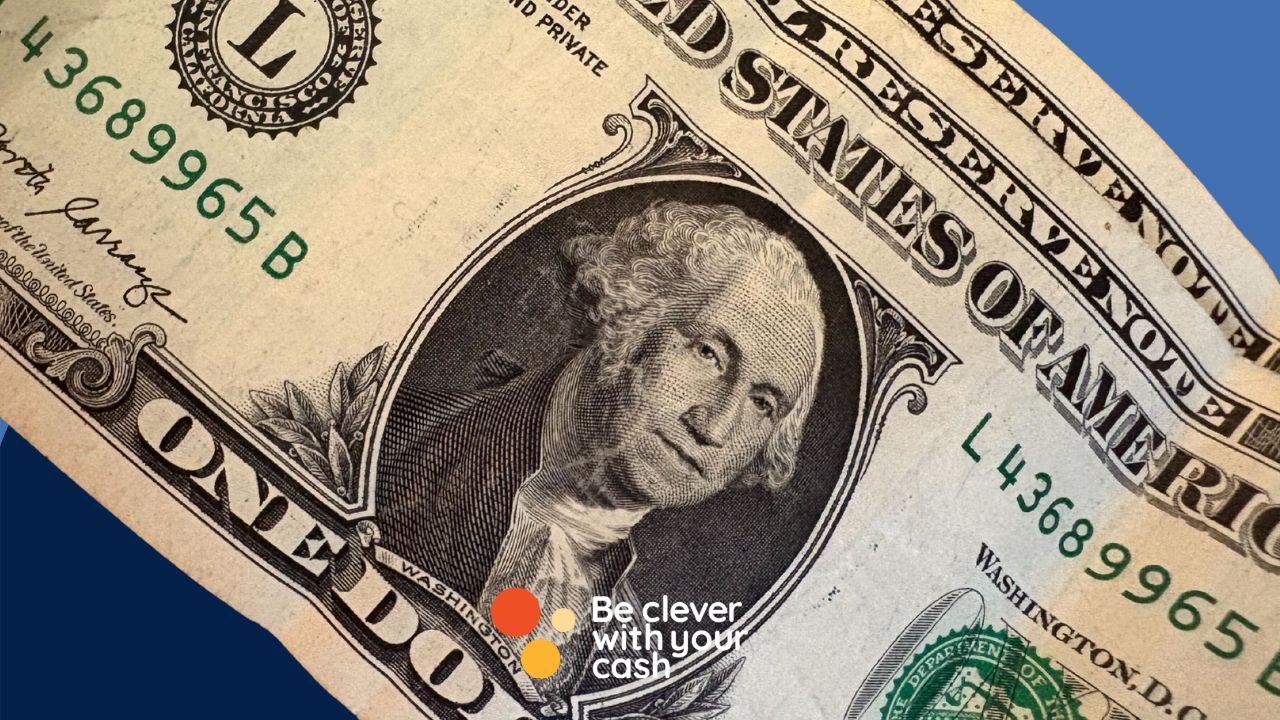You could be hit with double ATM withdrawal fees or poor exchange rates if you don’t plan ahead
If you tend to do most of your spending on a debit or credit cards or your phone, even when you go abroad, we’ve got a warning for you. By neglecting to take any cash with you on holiday, you could be setting yourself up for an expensive lesson.
You’d be forgiven for thinking that you can get away with a cashless jaunt overseas, but our exclusive research reveals just how much it could cost you if you’re not prepared.
Some articles on the site contain affiliate links, which provide a small commission to help fund our work. However, they won’t affect the price you pay or our editorial independence. Read more here.

How likely is it that I need cash abroad?
While many of us can get away with living a cashless life in towns and cities in the UK, the same can’t be said elsewhere.
Popular holiday destinations such as Turkey, Indonesia, Morocco and Greece are still in the process of transitioning to digital payments, and you could still find yourself in need of cash in parts of Spain, the USA and France.
Our research suggests that over a third of British holidaymakers (39%) have found themselves unexpectedly needing cash while abroad in a number of different scenarios. The most common includes tipping (46%), taxi fares (36%), and shopping at local or independent retailers (35%).
Plus, let’s not forget what happens when technology fails. Recent power outages in Portugal and Spain disrupted card and other digital payments and poor weather can interfere with the signal on card machines.
And as is also the case in the UK, there’s also a chance you could lose your card, on the beach or out and about, or it could get stolen.
Get the best of our money saving content every week, straight to your inbox
Plus, new Quidco customers get a high paying £18 welcome offer

Getting emergency holiday cash is expensive
But unlike in the UK, getting last minute cash on holiday could hit you where it hurts – in your wallet.
Our research reveals that 63% of people who needed cash on their last trip hadn’t planned for it resulting in an emergency withdrawal of £85.59.
Now, you could be stung in a few ways.
If, like 28% of holidaymakers told us, you take money out of an overseas ATM with your normal debit card, you could be charged by your bank and the cash machine. I had this issue in New York when I visited years ago – even with my fee free debit card I was still paying a few dollars every time I made a cash withdrawal.
Your bank or building society can charge around 2.99% for cash withdrawals made in a foreign currency and many ATMs abroad charge a flat fee per withdrawal, this could be around €2 – €5 when you’re in Europe.
You may be able to avoid both fees if your provider allows fee-free withdrawals overseas and you find one of its ATMs while you’re there. For example, if you have a Santander Edge account (which doesn’t charge for holiday withdrawals) and you take money out of a Santander cash machine, you shouldn’t be charged.
Meanwhile, one in eight (12%) of travellers used the Bureau de Change at the airport to get last-minute cash, which often have the worst rates on the market.
Yes, it’s convenient to swap your money at the airport and these well-placed units will often lure you in with the promise of a ‘commission-free’ exchange. But essentially, a rubbish rate means you’ll be getting much less holiday spending money than you could be.
 Featured switching deal
Featured switching deal
 Customer rating
3.8/5
Customer rating
3.8/5
- Switch bonus£200
- Offer endsUnknown
- FSCS Protected? Yes
- Bonus requirements Switch using the Current Account Switch Service and close your old account within 60 days of starting the switch
- Deposit requirements Deposit £1,500 in the first 60 days from opening the account
- Direct debits transferred over Set up two Direct Debits before or after the switch from a selected list of household bills
- Existing customers? Can't have held any Santander current account on 1 January 2025
- Restrictions Can't have received a switching bonus from Santander already, offer limited to once per person
- Eligible accounts Open a new or hold an existing Everyday, Edge, Edge Up or Edge Explorer current account
How to save on holiday money
The key here is getting prepared.
Now you know it’s a good idea to bring some cash with you on holiday, it’s worth planning ahead. We’ve explored a few hacks to help you find the best rates for holiday money.
And while it’s good to carry a bit of cash with you, for when you need it, it shouldn’t be in lieu of a decent specialist debit or credit card. These allow you to spend overseas without having to pay extra charges. Check out our top picks, which offer near-perfect exchange rates, in our guide to the best debit and credit cards to use abroad.
Lots of banks are also now offering this perk as part of their current account offering, such as Chase, Monzo and Starling, so it’s worth checking yours.
And remember, when it comes to paying make sure you do so in the local currency, as it’s usually a better exchange rate than when you pay in pounds.






Recent trips to Germany – Munich & Colne have proved that cash is still “king” in some countries. Whilst most places offer a choice of payment methods, there were some places that stated “cash only” & speaking to service staff they seemed to prefer cash. Quite different to the UK, where people seem to think its a free service not realising that the retailer has to pay (a fee or transaction value percentage) to Visa or Mastercard, no doubt this is passed on to the consumer in the product price.